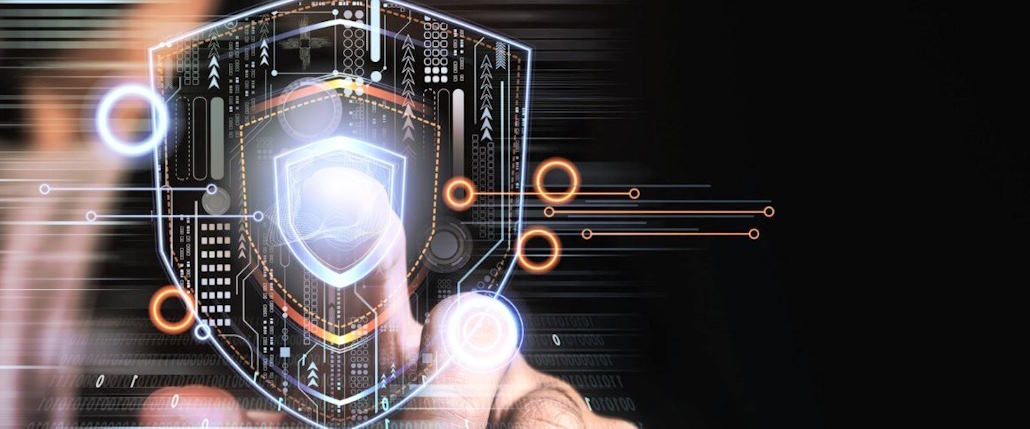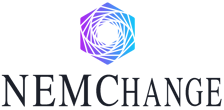
The Role of Cryptocurrency and Blockchain in Credential Verification
Blockchain, the technology behind cryptocurrencies like Bitcoin, has emerged as a game-changer in credential verification. By leveraging blockchain’s decentralized and immutable nature, academic credentials can be securely stored and verified. Cryptographic signatures ensure the integrity of documents, allowing students and graduates to share their achievements in a tamper-proof and transparent manner. This decentralized credential verification approach can potentially eliminate issues related to document forgery and misrepresentation.

Benefits of Decentralized Credentialing for Academic Institutions and Employers
Decentralized credentialing offers a host of benefits for both academic institutions and employers. Enhanced security is a cornerstone, as blockchain’s tamper-proof nature safeguards academic records against fraud. Moreover, the decentralized structure streamlines the verification process, providing instant and transparent access to credentials. Academic institutions benefit from reduced administrative overhead, while employers can make informed hiring decisions based on accurate and verified information. Data ownership is another advantage, granting individuals control over their academic records and ensuring privacy.
Real-World Case Studies of Educational Institutions Adopting Blockchain
Several educational institutions have already embraced blockchain for credential verification. MIT Media Lab’s Blockcerts project issues and verifies digital academic certificates, providing graduates with secure and shareable credentials. Holberton School, in collaboration with Learning Machine, issues blockchain-based diplomas, ensuring the trustworthiness of their graduates’ credentials. The University of Bahrain has adopted the Blockcerts open standard for digital diplomas, exemplifying the global adoption of blockchain in the education sector.

